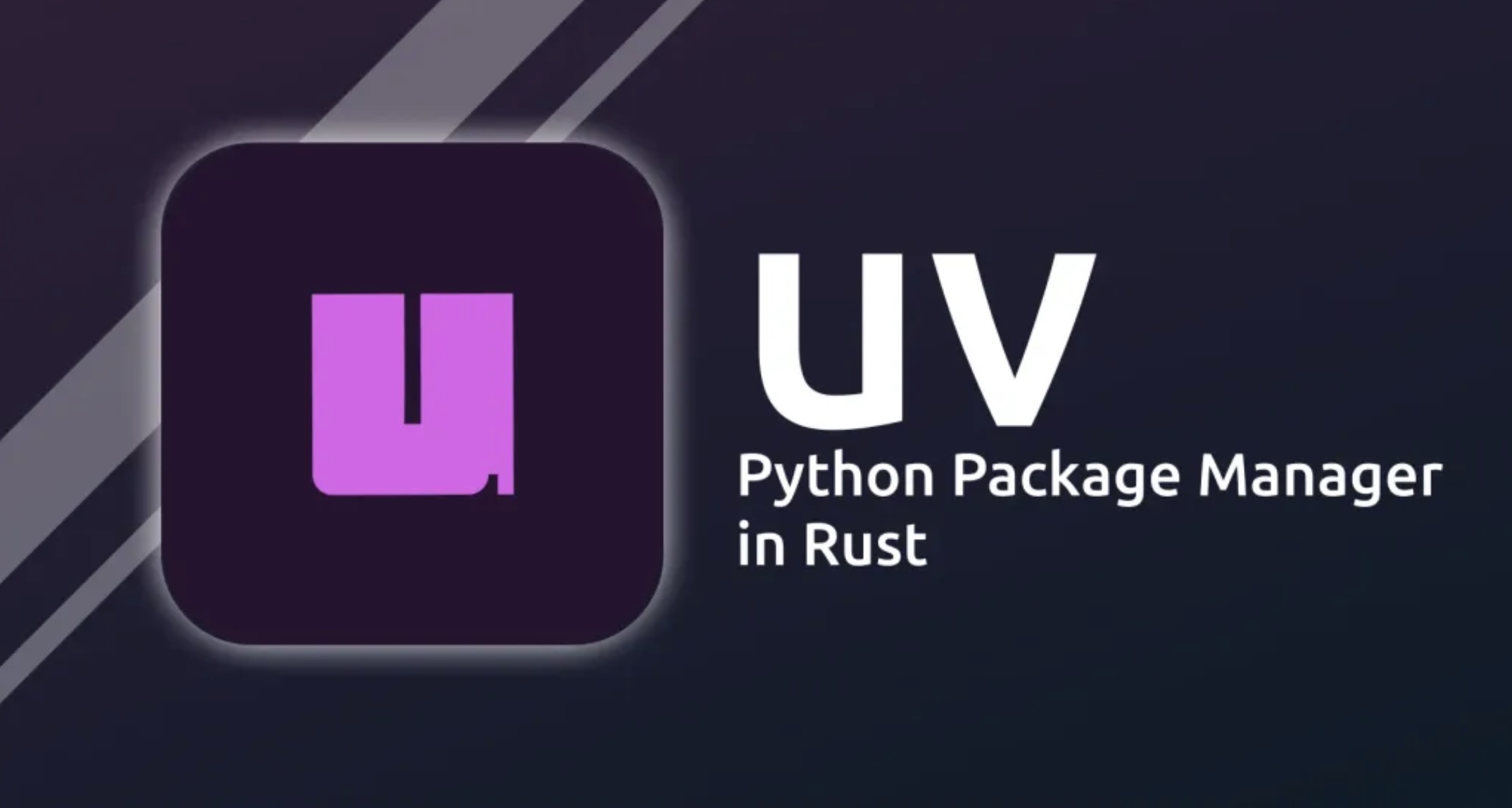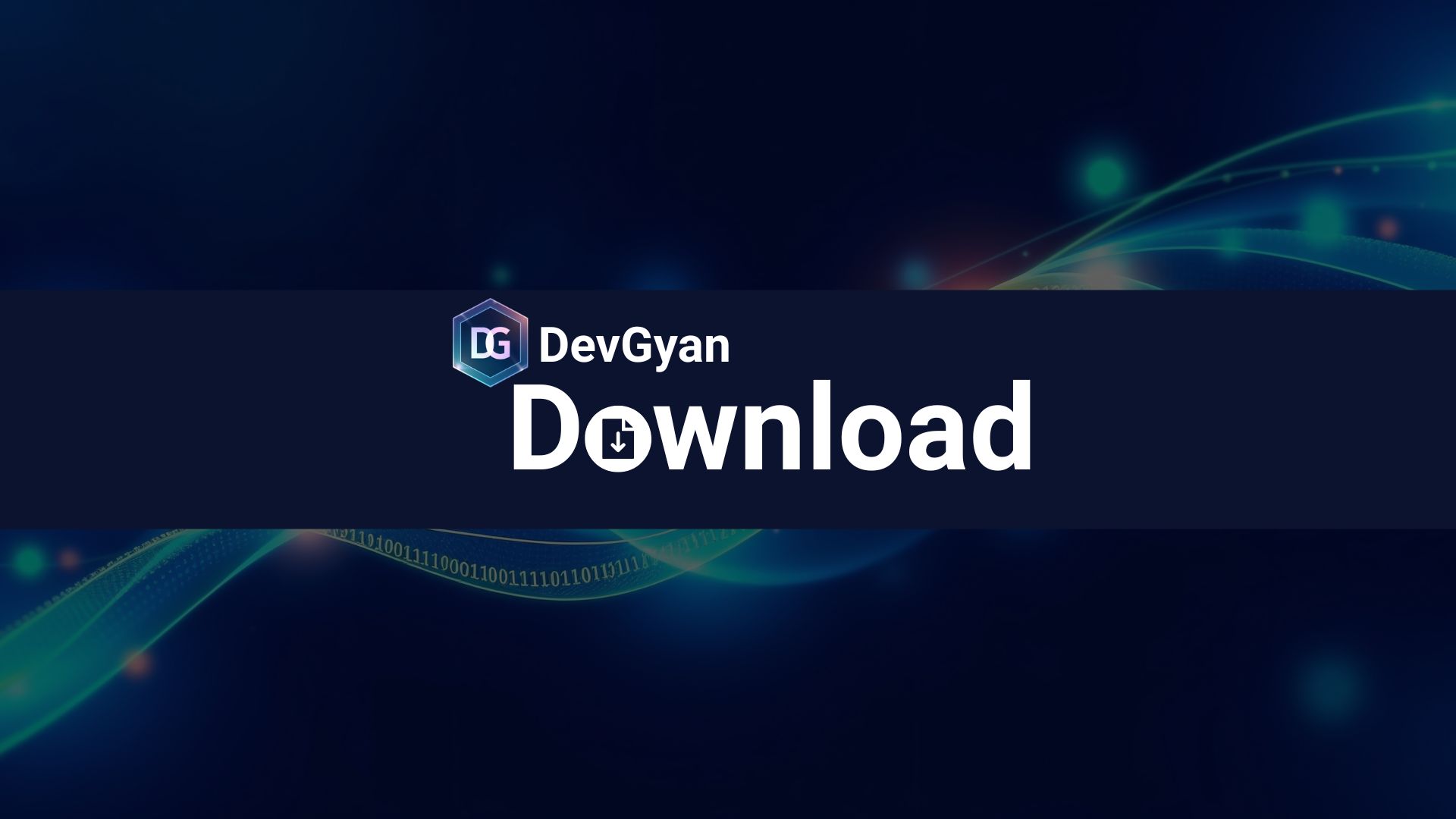🎧 Listen to the Download
Last week was a whirlwind! We had a double dose of Halloween fun at Domino’s annual Boo Day event, which my kid absolutely loved, and then Friday’s trick-or-treat. Usually, Michigan Halloween is a bit breezy and rainy, which adds to the spooky vibe, but surprisingly, the weather was perfect! My kid braved a few blocks and was thrilled to check out the neighborhood decorations and fellow trick-or-treaters rocking their awesome costumes. It was an absolute blast! Hope you all had a fantastic Halloween too!
The current data landscape is being rapidly defined by three critical, interconnected priorities: Speed and Efficiency in Tooling and Unwavering Security against Supply-Chain Threats.
🛠️ Tooling Revolution for Speed: The push for developer efficiency is driving a shift toward ultra-fast tools, exemplified by the Rust-based Python package manager uv. This focus on speed is critical for reducing development friction, shrinking deployment windows, and handling the demands of continuous integration.
🛡️ The Security Imperative: As development becomes faster and more reliant on third-party libraries, the risk of supply-chain breaches—demonstrated by incidents like the xz-utils backdoor—has made dependency scanning and continuous monitoring an absolute necessity for protecting the data ecosystem.
Checkout Synoposis, the LinkedIn newsletter where I write about the latest trends and insights for data domain. Download is the detailed version of content covered in Synopsis.
Fast‑Forward Python Packaging with uv
uv, a Rust‑written package manager, can replace both pip and venv for modern Python workflows. uv is praised for its speed, automatic virtual‑environment handling, and seamless support for multiple Python versions—all from the terminal.

Getting Started
# Install uv
curl -LsSf https://astral.sh/uv/install.sh | sh # Linux/macOS
powershell -ExecutionPolicy ByPass -c "irm https://astral.sh/uv/install.ps1 | iex" # Windows
# Initialise a new project
uv init freecodecamp-project
The folder structure looks like:
/freecodecamp-project
├── .gitignore
├── .python-version
├── README.md
├── main.py
└── pyproject.toml
Managing Dependencies
uv add numpy # add a package
uv remove numpy # remove a package
uv run main.py # run a script in its virtual env
The uv.lock file records exact package versions; never edit it manually.
Tools & Python Versions
uv add ruff # install a linter
uv run ruff check # run it
uv tool run ruff check # or run without adding to the project
uv python install 3.11 3.12 # manage Python releases
uv python pin 3.11 # set project‑specific Python
Migrating from pip
uv pip install -r requirements.txt
My Take
From a data‑engineering perspective, uv’s deterministic lock file and zero‑dependency installation time dramatically reduce the “works on my machine” problem. Its Rust core gives it a performance edge, while the single‑command workflow (uv run) eliminates the usual boilerplate of activating virtual environments. For teams that value reproducible, fast build pipelines, uv is a compelling upgrade over legacy tools.
Power Up Your Data Skills: 50+ Days of Microsoft Fabric Learning
Microsoft’s Fabric Data Days kick off on November 4th, delivering 50+ days of immersive learning for data professionals and students alike. Designed to move beyond theory, participants will dive into real‑world demos and deep dives into Power BI and Microsoft Fabric. Sessions are led by Microsoft Fabric and Power BI experts—including MVPs, Certified Trainers, and community members—ensuring practical experience and global networking.

Highlights
- Week 1: Data‑viz kickoffs for students & professionals, DP‑700 & DP‑600 exam prep, and Power BI data‑viz world championships finalists’ tips.
- All sessions recorded and on‑demand for flexible learning.
- Exclusive post‑session resources available to attendees.
- 3 contests during the event, plus weekly QuickViz challenges for quick wins.
- Exam vouchers: 100 % off DP‑600 & DP‑700, 50 % off PL‑300 & DP‑900.
- Live study groups, skills challenges, and more to boost exam readiness.
- Languages: English, Spanish, Portuguese.
Register now: https://aka.ms/fabricdatadays
My Take
From a data‑tech perspective, this initiative aligns perfectly with the growing demand for hybrid skill sets—combining analytics, AI, and cloud platform proficiency. The structured curriculum, expert mentorship, and hands‑on contests create a well‑rounded learning ecosystem that bridges theory and practice. The generous exam voucher program further lowers barriers to certification, accelerating career advancement. Overall, Fabric Data Days represent a strategic investment for anyone looking to sharpen their data expertise and stay ahead in the fast‑evolving AI landscape.
Supply‑Chain SOS: Guarding Your Packages & Images
Summary
Modern developers trust thousands of third‑party libraries, but that trust can become an attack vector. The article explains how supply‑chain breaches—like SolarWinds, event‑stream, and the recent xz‑utils backdoor—target dependencies rather than the end system. It surveys practical defenses: npm audit, Socket.dev’s behavioral analysis, Snyk, GitHub Dependabot, pip‑audit, Bandit, Trivy, Grype, Docker Scout, and continuous monitoring tools (OSV.dev, Have‑I‑Been‑Pwned). The key takeaway? Integrate automated scanning into CI/CD, balance fixes with stability, and keep an eye on credential exposure.

Key Points
- Dependency Hell & Attack Surface – A Node app can have 400+ packages, each adding new risks.
- Behavioral Scanning – Socket.dev flags suspicious network, filesystem, or process activity before CVEs surface.
- Python‑Focused Tools – pip‑audit (OSV) + Bandit detect package and code‑level threats.
- Container Hardening – Trivy scans layers, Grype is lightning‑fast, Docker Scout offers native feedback.
- Automation & Monitoring – GitHub Dependabot, Snyk, and OSV.dev unify alerts; Have‑I‑Been‑Pwned monitors credentials.
- Response Planning – Document incident procedures; act quickly when a vulnerable dependency is found.
My Take
From a data‑tech standpoint, the real protection lies in visibility and automation. Continuous, context‑aware scanning (behavior + CVE) turns reactive patching into proactive defense. Integrating these tools into your GitHub Actions or GitLab CI pipeline ensures every PR and build is vetted before merging. Remember: perfect security is myth; measured, monitored trust is the practical goal.
Final Thoughts
This edition of the Download highlights that success in the data domain is increasingly dependent on the convergence of efficiency, continuous learning, and vigilance. The drive for faster workflows is clearly seen in the adoption of tools like uv, the Rust-based package manager that dramatically streamlines Python development by consolidating environment and dependency management. This performance leap is crucial for data engineering teams who need highly reproducible and rapid build pipelines. Simultaneously, the industry is investing heavily in upskilling the workforce, with initiatives like Microsoft’s Fabric Data Days providing extensive, hands-on learning resources and lowering the barrier to certification (with exam vouchers) to meet the growing demand for hybrid analytics and AI proficiency.
The pursuit of speed and reliance on vast open-source ecosystems, however, mandate a stronger commitment to security. The recurring threat of supply-chain breaches, as outlined in the summary of recent incidents, underscores the non-negotiable requirement for automated scanning (using tools like Trivy, Grype, and pip-audit) and continuous monitoring integrated directly into the CI/CD pipeline. Ultimately, the articles convey a clear message: staying ahead in the data game means adopting the fastest, most reliable tools; strategically investing in skill development; and maintaining high-visibility, automated defenses against complex security threats.
